GAP YEAR(S) REFLECTIONS
January 13, 2022
THE VALUE IN TAKING TIME OFF
Should you take time off? Whether you’re finishing undergraduate studies, leaving the military, or changing careers, all of these scenarios have one thing in common: they are times in your life characterized by transition. Any type of transition can be overwhelming, thrilling, liberating, daunting, and filled with different pressures—whether financial or family.
Depending on your individual situation, it might be an exciting time as you look forward to your next chapter in life. For others it might be confusing after leaving behind a previous career which had evolved to become an integral part of your identity. And for others it might be extremely stressful as you try to manage a mortgage, childcare, and your spouse’s career while you look for a new job. All of these scenarios are unique and no one situation is the same. Consequently, there’s no one-size-fits-all plan for everyone.
That being said, it’s my personal opinion that everyone can stand to benefit from some deliberate time off during a transition phase.
I’m not presumptuous enough to assume that I can give you advice on your specific situation. But what I can do is share what I decided to do, how I came to this decision, and how it’s going for me. Maybe these reflections can serve as additional points of consideration for you as you prepare for your own period of transition.
After four years as a cadet at West Point and eight years in the active duty Army, I decided I’d had enough and was ready to move onto something different. I knew I wanted to leave for many years, and if you’re interested in more context, you can find it in an older article I wrote: “Should I Stay or Should I Go?” In the years leading up to quitting my job, I still didn’t know the exact direction I wanted to go.
I had a very general idea of the path I was interested in: I wanted to investigate a possible career pivot to conservation, rural community development, and the outdoors. Now, after taking nearly a year and a half “off,” I’ve developed a more precise vision. No, I still don’t have all of the answers or know EXACTLY what I want to do, but I certainly have made progress in better understanding myself, my values, and what I’m passionate about.
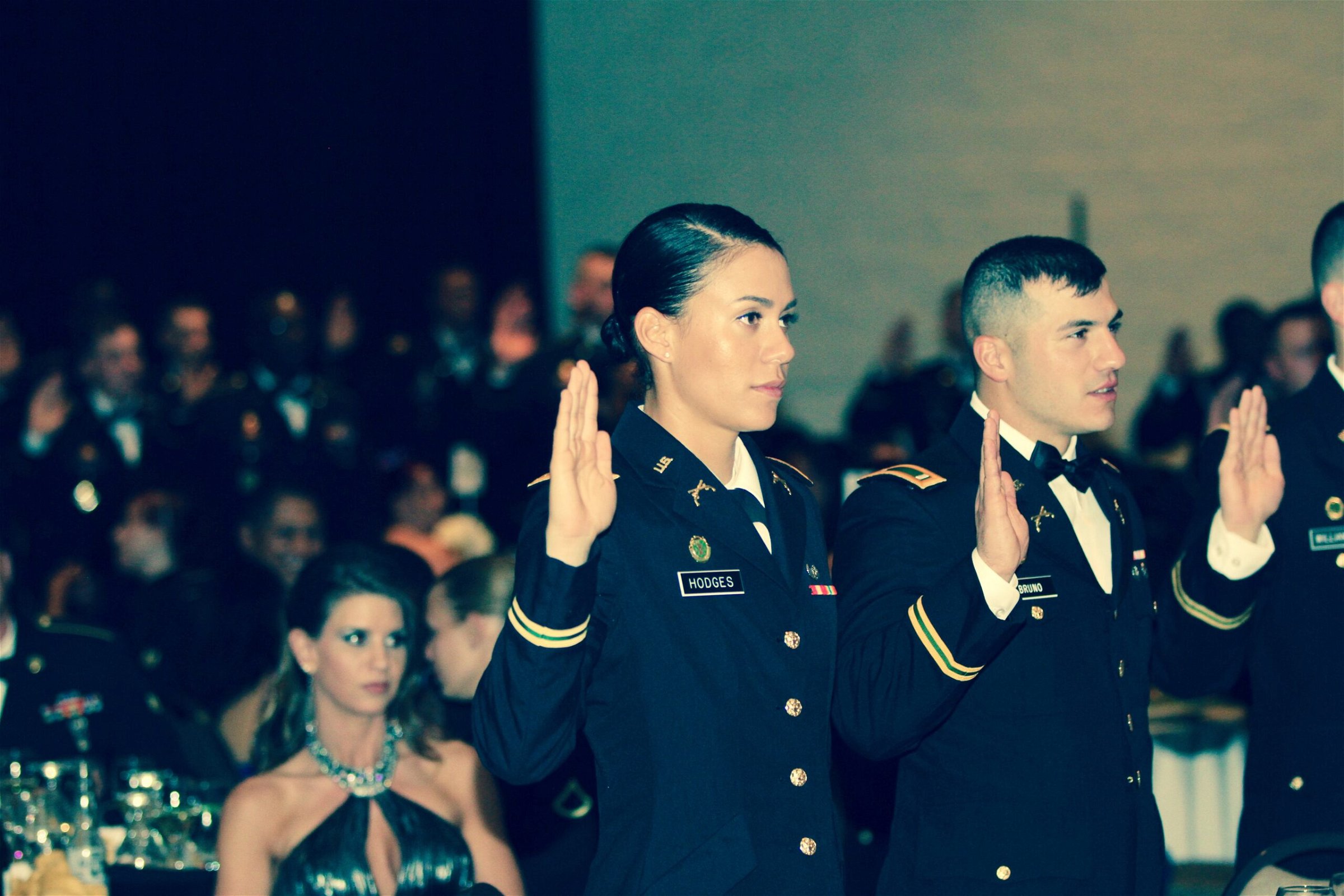
No idea why I’m doing the oath at this military ball, yet here we are.
I’m very fortunate to have access to the GI Bill, a US Military veteran education benefit that I will be able to use for graduate school. Many veterans earn the opportunity to use this benefit, and many squander the opportunity by rushing into a degree program before they’re ready. My thought was that I should be very careful and discerning about how I use the GI Bill because I don’t want to waste the benefit or two years of my life because I prematurely pursued a degree that isn’t what I thought it was.
So, I tentatively planned to begin graduate studies at some point two to three years after I quit my job, but left it open-ended so there was no timeline I needed to adhere to.
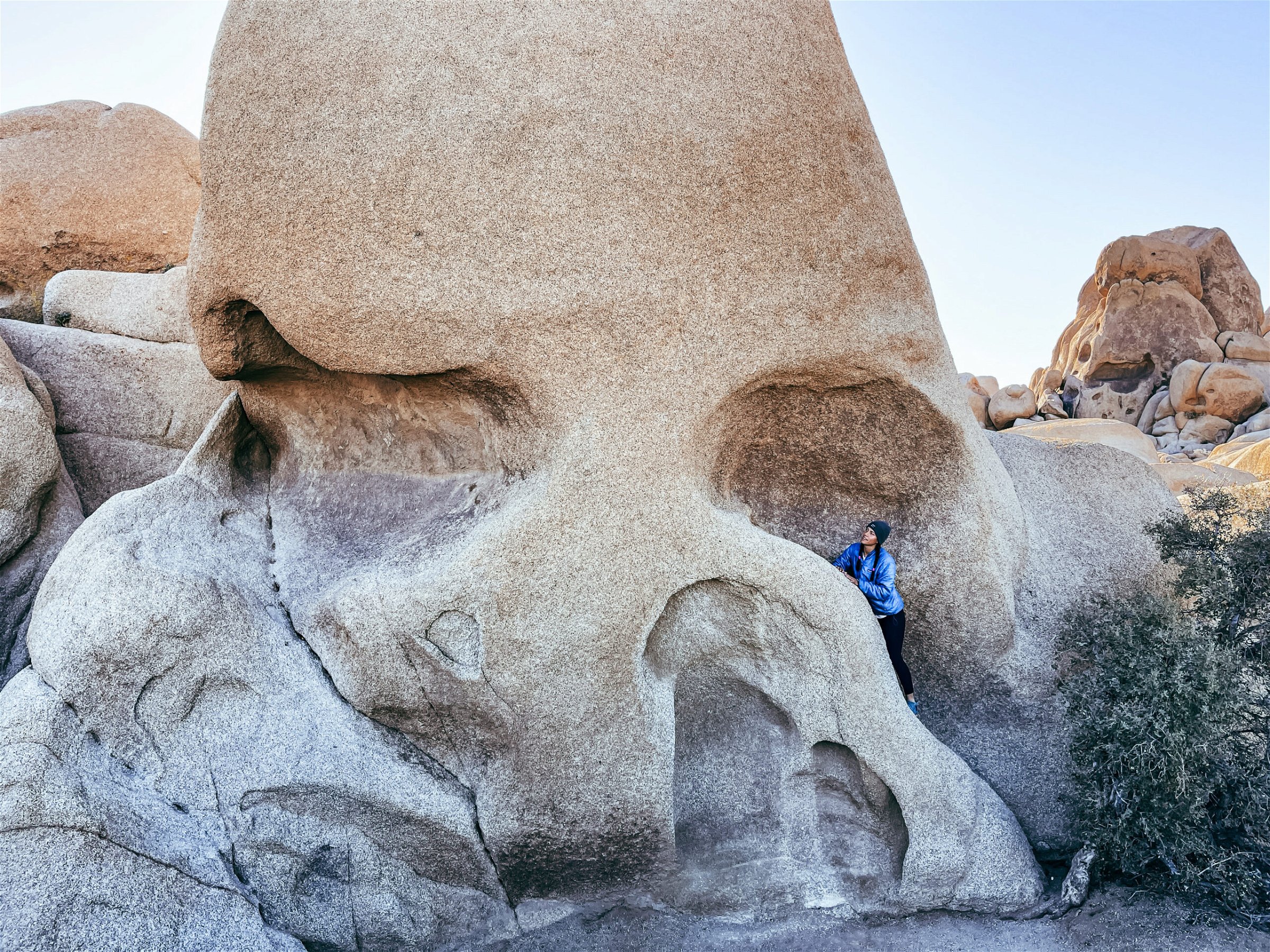
In the meantime, I decided that I would take at least one to two years off as a planned “gap period” to allow me to reflect, learn, explore, investigate, and be creative. Specifically, I wanted to accomplish two things:
1. Give myself the time and peace to collect data points and think about what I actually want in life: what I like, what I don’t like, where I want to live, what type of lifestyle I prefer, what makes me excited to wake up in the morning. You know, just all the little fragments of my identity and individuality that were slowly purged from my consciousness over the past several years through indoctrination and conditioning. Military people, please don’t get offended, if you know me, you know I have a lot of gratitude and appreciation for the military. Anyway, so this was a kind of internally-focused, reflective, identity-based goal.
2. Provide myself with the time and opportunities to collect data points through experiences, like living in a van for a year and traveling all over the US; volunteering for projects in conservation and sustainable development, which is the field I believe I’d like to transition to; and living internationally to learn my social, cultural, and climate preferences and what type of lifestyle aligns with my preferences. This was more of an externally-focused goal.

So, before my gap period, I had an idea of what I THOUGHT I valued, preferred, and wanted for my life, but I wanted to test that hypothesis because realistically, I had no clue. Giving myself this free time during the most significant transition of my life has given me the opportunity to meet new people, network, seek advice, learn, and do some conservation and development field work. This has allowed me to acquire a more comprehensive understanding of what these types of careers actually might look like at all levels, and the problems, challenges, highs, and lows. So now, I can determine if this is really what I want to do, and if so, get some clarity on what specifically interests me within this broad field.
My thought was, if this experiment confirms my hypothesis, and it leads me to continue down this path, it was time well spent. Similarly, if this experiment leads me to a dead end or to motivates me to go in a different direction, it was also time well spent. Because in either scenario, at least now I know. Alternatively, I could’ve just operated on the YOLO (you only live once) philosophy and made a potentially impulsive decision to go to graduate school immediately based on the assumption that this path is 100% what I want for my life. I simply don’t know that at this point.
Some people may approach their transition period with a higher degree of certainty about their future, or with life constraints that don’t afford them the ability to take a significant amount of time off. Consequently, they might decide to move along more quickly to the next chapter of their life. For me, that just wasn’t the case, and I felt it would be unwise to rush down a path that I didn’t fully understand.

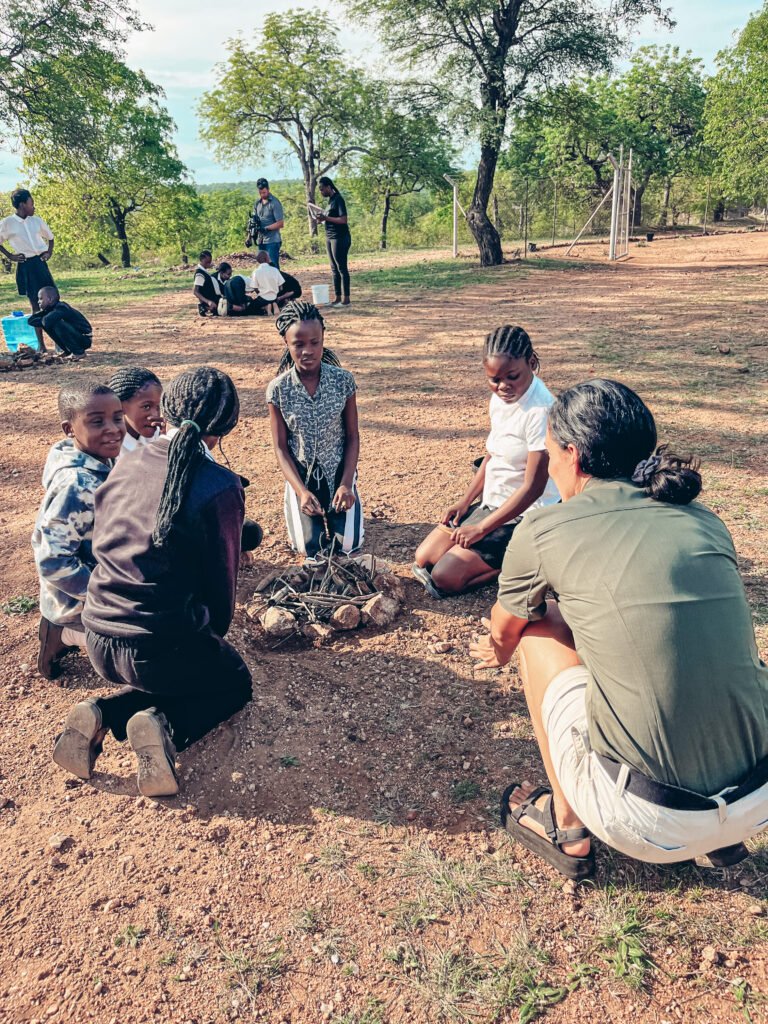
Again, I still don’t have all of my answers, and I don’t know if any of us every really do. What I do know is I’m unquestionably a lot closer, and I feel a whole hell of a lot more comfortable about the path I’m on and where I’m headed.
For me, that’s a win.
Finally, I decided to take this time off because I wanted to live a little! I wanted to spend just a bit of my one precious life doing what I hadn’t been able to do for the past 12 years, be completely FREE to do whatever I want, whenever I want, be creative, and just have fun. I think a lot of us have felt this way before. The important thing to note here is that in order to do something like this responsibly, you HAVE to plan, which I talk more about here.
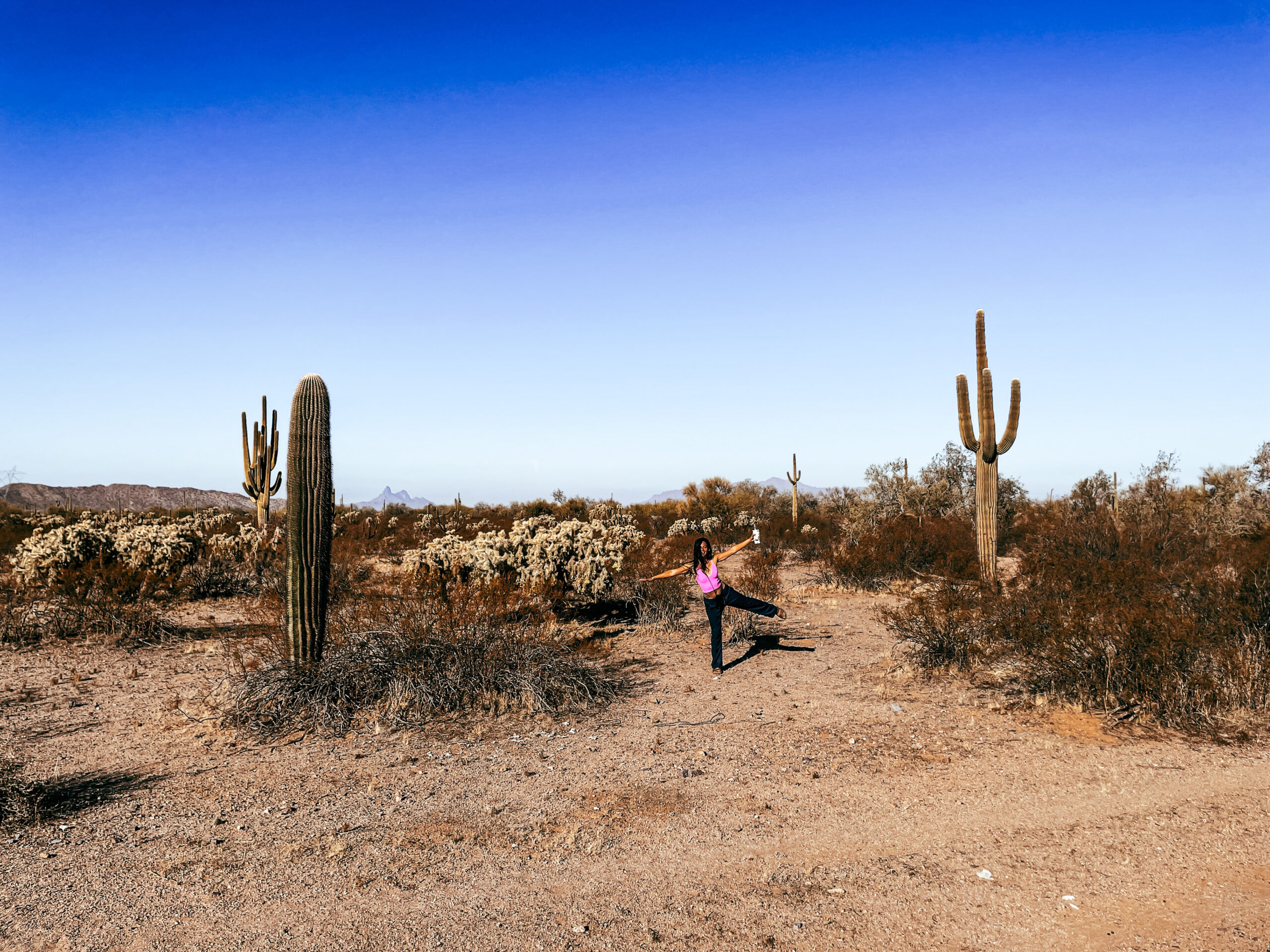
With such an emphasis in the US on what your career or work is, how much money you make, who stays the latest at work, and who is “grinding” the most, I wanted to kind of push back on this cultural predisposition. It’s all about work, work, work; constantly being busy; and jumping from one milestone to the next because that’s the “noble” thing to do. It’s almost evolved into an unconscious competition. It seems we sometimes worship productivity, work, and “busy-ness” over existence and life itself. Absolutely, there’s a time to put in hard work, and for most of us, good things don’t come without work. But while work is–and should be–a significant part of most of our lives, I firmly believe it’s not the point of life.
Somehow, we’ve been collectively convinced that we should feel ashamed or guilty for resting, having fun, and simply enjoying ourselves or loved ones without accompanying accomplishments, productivity, and competition. I don’t know that we necessarily acknowledge or discuss these types of ideas very much, but they certainly manifest themselves in our work-life balance (or lack thereof), inability to put down our phones for fear we might miss a work email, obsession with staying at work late, and absence of healthy boundaries with respect to all of these.
At this point in my life at 32 years old, when I’m still young, fairly healthy, a little wiser, financially established, and have some professional experience, I could certainly allow myself to take the time off. And I believe that I should allow myself to take time off, if possible. And now, looking at how everything’s worked out, I can honestly say that these gap year(s) have been absolutely transformational for me.

If the question you’ve been asking yourself is why take time off, perhaps consider asking: why not take time off?
I recognize everyone’s situation is unique, with different obligations, financial constraints, and professional limitations. So whether it’s for one month or one year, I’d encourage you to at least consider it as a possibility. With this consideration also comes the responsibility to begin planning and preparing as soon as possible. For me, that looked like living as cheaply as I could, saving as much as possible, and living at a campground for my last few years in the Army.
Maybe these thoughts will give you some things to consider as you approach your own transition phase and I really hope this was encouraging for you. If you want to do this, you absolutely can do it. If this is what you want, don’t give up! It will require sacrifice and a lot of preparation, but it’s possible.
I’ve said this is other articles, but I want to emphasize it again here: planning any preparation set conditions for flexibility and spontaneity, which creates the possibility for additional opportunities and options.

